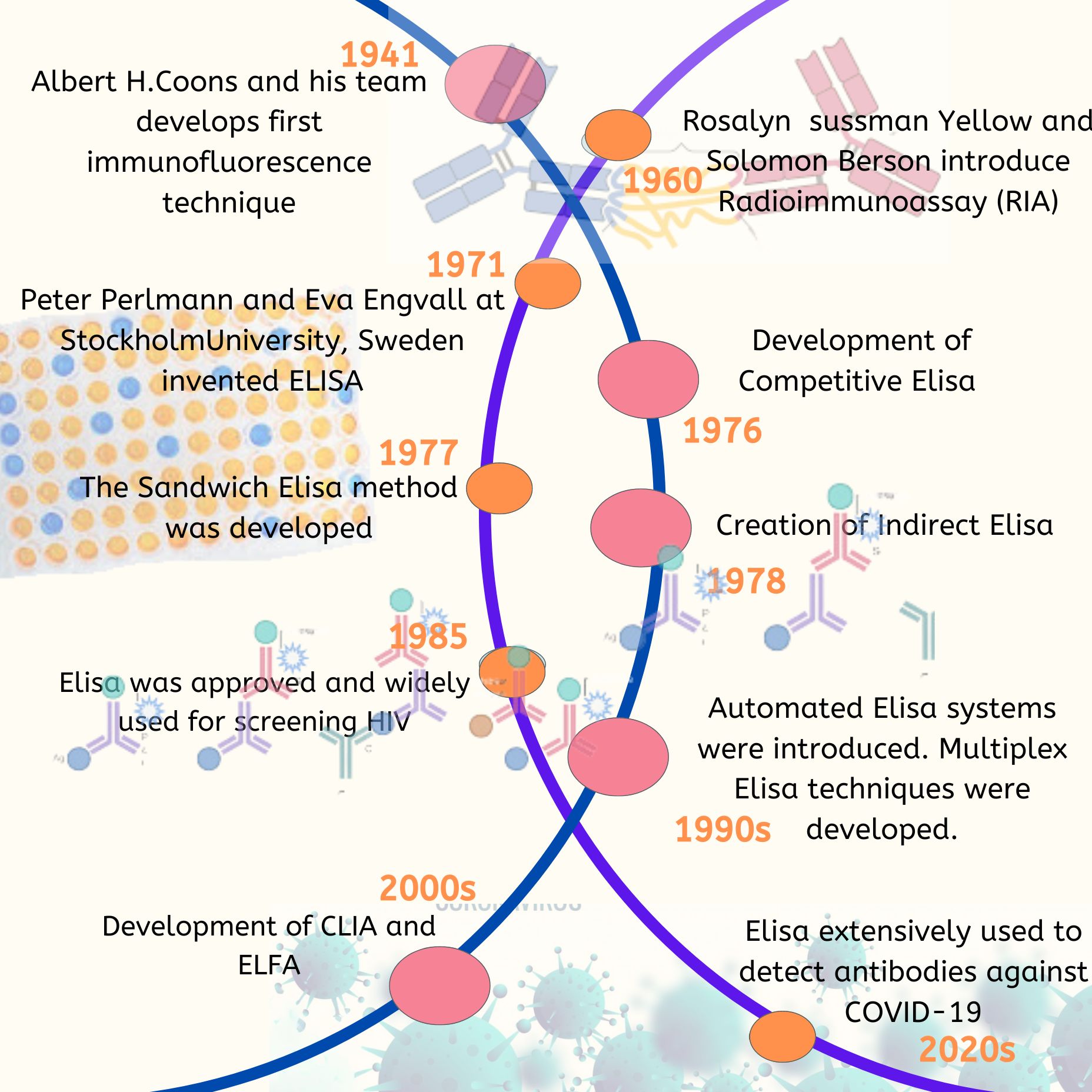This is a primary immunodeficiency disease that is present at the birth of the infant characterized by various problems of the body system. This includes heart defects, cleft palate, learning difficulties, poor immune system, developmental delays and various other complications. Most of the cases are caused as the result of genetic mutation called 22q11 deletion but can continue to have a normal life expectancy.
Causes
It is estimated that around 90% of the cases have a missing part of chromosome 22 at the q11region. The deletion can cause a wide range of syndromes and digeorge syndrome is the most severe version. The exact cause of deletion is not known but appears to be one of the common chromosome defects of newborns. Most cases are the result of sporadic changes to the chromosome while around 10% are inherited in an autosomal dominant pattern where the parents have 50% chance of passing the deletion of the chromosome to their children.
Symptoms
This syndrome can affect different parts of the body presenting various symptoms. The severity of the condition varies from each child. The main features of digeorge syndrome include heart abnormalities such as a hole in the heart or problem with the aorta. Attention deficit hyperactivity disorder (ADHD) and autism spectrum disorder appear to be common among these children that can result in slow developmental speech and poor concentration. Cleft palate and cleft lips are presented in some of the cases which can create feeding difficulties. The facial abnormalities can include irregular skull shape, small mouth, broad nasal bridge, wide-set eyes and a long narrow face. As the result of a problem with the thymus gland, they tend to have a weak immune system making them susceptible to recurrent infections. The underactive parathyroid glands cause hypoparathyroidism which can results in low level of calcium in the blood. These children tend to be short resulting from growth hormone deficiency. The bone and muscle problems include reduced muscle tone (hypotonia), recurrent leg pains, rheumatoid arthritis, curved spine, clubfoot and undescended testicles in males.
Diagnosis
The diagnosis is based on the evaluation of complete medical history, family history, physical examination and various tests. The FISH test determines whether the region of the chromosome is deleted which can confirm the diagnosis. The affected individuals may present signs of low blood calcium, symptoms of heart defects, feeding difficulties, developmental delays and various other features associated with this condition. Various tests include blood tests to identify problems with the immune system and hormone levels. An x-ray can evaluate the internal tissues and bones along with an echocardiography to assess the structure of the heart valves. Additionally, hearing tests and eye examinations may be necessary.
Treatment
There is no cure for this condition. The treatment for digeorge syndrome is based on correcting the various defects that are presented in each case. The affected individuals may require calcium supplements and hormone replacement for the missing parathyroid hormones. The heart defects can be treated with medications but some cases may require surgery for normal function of the heart. The cleft palate or other abnormalities of the lip can be treated with corrective surgery. They can also benefit from various therapies such as developmental therapy, speech therapy and occupational therapy. When diagnosed with a mental disorder such as ADHD, schizophrenia and behavioral issues, appropriate treatment plans can be devised by mental health care professionals.



